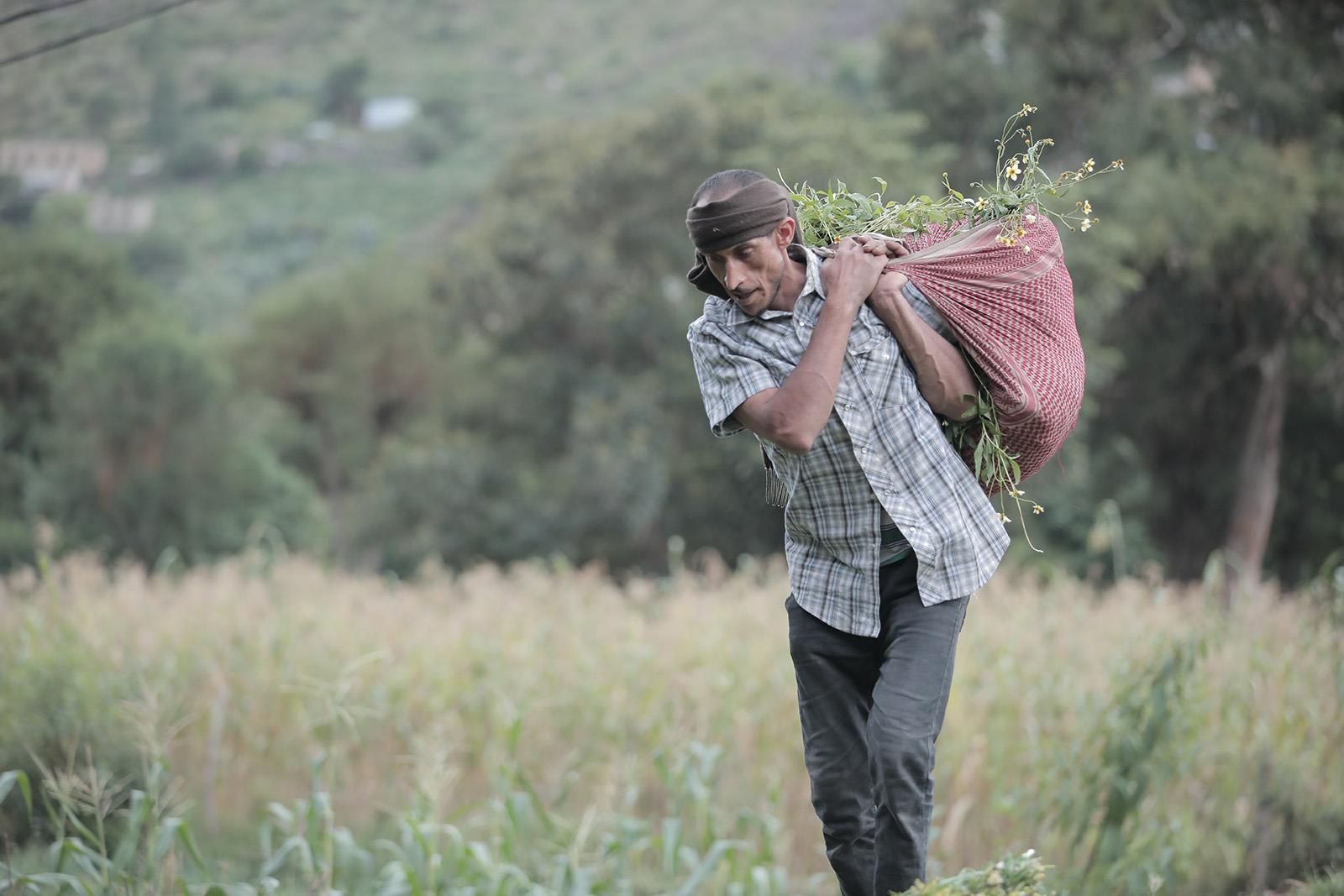Arab countries transform food systems to enhance resilience against climate change shocks

1 June 2023, Cairo, Egypt – Climate change-related agricultural policies and innovations recently introduced by Arab countries have supported the region in mitigating and adapting to climate change, says the latest Food Policy Monitoring Bulletin for the Near East and North Africa region.
The new policies aim to increase agricultural production in harsh climatic conditions and improve food security while transforming food systems to be resilient against shocks induced by climate change. This is implemented through, for example, technologies supporting controlled-environment agriculture, water efficiency, cultivation of drought-resistant varieties, reforesting, restoring rangelands, monitoring drought, and digitalizing agricultural services.
“Increasing the resilience of agrifood systems against climate change in the region necessitates significant improvement in the quantity and quality of climate finance towards adaptation and agrifood sectors,” said Dr. Abdulhakim Elwaer, Assistant Director-General and Regional Representative for the Near East and North Africa (NENA).
“Unfortunately, this quarter’s bulletin presents evidence that although NENA countries are among the most vulnerable, most water-stressed, and least climate-resilient regions, they are also among the countries receiving the least amount of climate finance directed towards agriculture and land use,” Elwaer added.
Monitoring food prices
The bulletin continues to monitor international commodity prices, stocks, and the development of local food prices. It highlights that high food inflation persists in the region, with Egypt and Lebanon experiencing increases of above 30 percent in food prices. Currency depreciation and increasing public debt, especially in non-oil exporting countries, add further challenges to the region’s food security situation. However, the inflation rate is expected to soften to 6.6 percent in 2023.
Cereal production across the Maghreb region is under serious threat this season as extensive drought conditions negatively impact crop yields, which will further increase the demand for cereal imports. Furthermore, the Horn of Africa is facing the worst drought in over a decade.
Food and trade policies
Recent food and trade policies adopted in the region include the strengthening of social safety net measures. However, in some instances, due to increased international food prices and domestic currency depreciation, the price of subsidized basic foodstuff has been increased. Trade liberalizing measures included lifting export bans and export restrictions, scrapping import duties, introducing trade facilitation measures, and investing in logistics to ease importing and exporting. Countries have continued diversifying their agricultural trade relations to improve food security and open free trade agreement negotiations. Trade restrictions included maintaining or introducing new export bans, restricting imports to protect the domestic market, and raising import tariffs.
“We need to focus on trade as an enabler for food security, and particularly on enhancing the intra-regional trade,” said Ahmad Mukhtar, Senior Economist in the FAO Regional Office. “FAO has enhanced its analytical and capacity development support to the member countries in this regard, and soon we will be launching the Regional Food Trade Map, which will highlight the untapped potential of intra-regional trade in the NENA region,” he added.
Syria’s earthquake
FAO’s initial assessment of the devastating earthquake in the Syrian Arab Republic showed significant loss of livestock and major damage to agricultural equipment and infrastructure, including greenhouses, irrigation, storage facilities, as well as food and feed production facilities, among others. All these factors are disrupting crop and livestock production and threatening people’s immediate and long-term food security
FAO is working towards its priority to ensure that rural communities can recover basic food production and resume their agricultural livelihoods. In this light, FAO is providing unconditional cash transfers, farming input, such as fodder to livestock keepers and fertilizers to farmers, in addition to veterinary care and support for the rehabilitation of canal irrigation.
Food Policy Monitoring in the Near East and North Africa region
